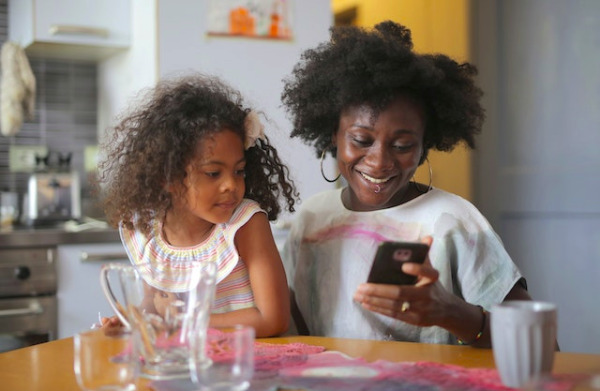As the new school year begins for all students this week, a series titled "Parental Control" appears from Mozilla (Firefox) about ways to empower parents for some technology challenges. That sounds like a good thing, but particularly when it applies to schools, parental control has cons along with pros.
Many digital platforms offer parental control settings. The most common and most popular allows parents to shield young people from “inappropriate” content. Restricting "mature content" and what is "inappropriate" takes us into a controversial area. Who defines what should be restricted? Mozilla says that "the way platforms identify what that means is far from perfect."
YouTube has apologized after its family-friendly “Restricted Mode” recently blocked videos by gay, bisexual and transgender creators, sparking complaints from users. Restricted Mode is an optional parental-control feature that users can activate to avoid content that’s been flagged by an algorithm.
That example takes me back to the earliest days of the Internet in K-12 schools when filters would block searches for things like "breast cancer" because "breast" was on the list of blocked words.
Limiting screen time is another strategy and is within a parent's control but is certainly controversial within a family. Kids don't like their screen time to be limited.
Mozilla actually had questions for itself about what to call the series. They quote Jenny Radesky, an MD and Associate Professor of Pediatrics-Developmental/Behavioral at the University of Michigan, as saying that “Parental mediation is [a better] term, parental engagement is another – and probably better because it implies meaningful discussion or involvement to help kids navigate media, rather than using controlling or restricting approaches.” She pointed to research that suggests letting children manage their own media consumption may be more effective than parental control settings offered by apps.
The internet has risks, but so do parental controls. Many kids in the LGBTQI+ community can be made vulnerable by tech monitoring tools.
Sensitive information about young people can be exposed to teachers and campus administrators through the school devices they use.
As parents and eductaors, we want to protect students, especially the youngest ones. We als want to, as a society, instill in younger generations why privacy matters.
RESOURCES
Electronic Frontier Foundation https://www.eff.org/search/site/parents
Mozilla https://blog.mozilla.org/en/internet-culture/deep-dives/parental-controls-internet-safety-for-kids/


